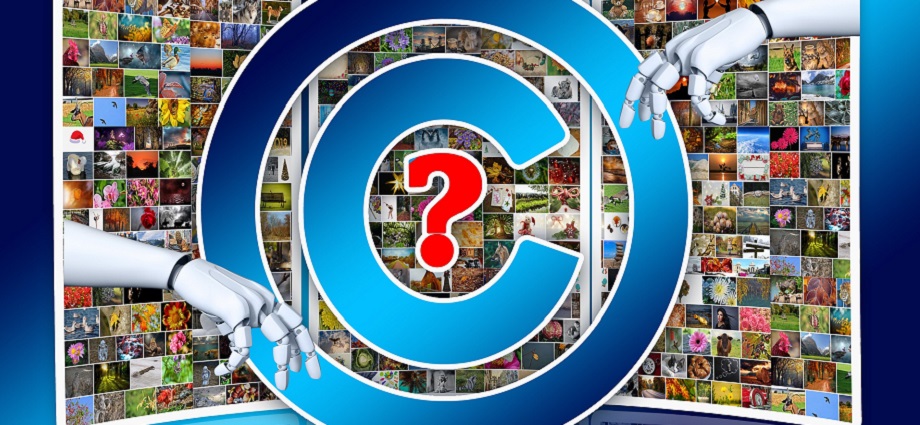Machine learning and artificial intelligence have been making a huge impact in various industries and healthcare is no exception. The field of medicine has always been a data-driven industry, and machine learning has the potential to revolutionize how healthcare is delivered. With the help of machine learning algorithms, healthcare providers can now make more informed decisions, improve patient outcomes, and provide more personalized care.
Benefits of Machine Learning in Healthcare
Improving Diagnosis Accuracy
The algorithms can analyze vast amounts of data from patient histories, lab results, and imaging studies, to identify patterns and make predictions about a patient’s condition. This can help doctors arrive at a diagnosis faster and with greater accuracy, reducing the risk of misdiagnosis and improving patient outcomes.
Streamlining Clinical Workflow
It can help streamline clinical workflows and free up healthcare providers’ time to focus on more complex tasks. For instance, they can utilize machine learning algorithms to automatically identify patients who are at high risk of certain conditions, enabling healthcare providers to prioritize their care. Moreover, machine learning can automate routine tasks such as data entry, freeing up more time for healthcare providers to concentrate on patient care.
Improving Personalized Care
Healthcare providers can use algorithms to provide more personalized care to patients by analyzing a patient’s medical history and other relevant data. It can identify factors such as genetics or lifestyle choices that may impact a patient’s health. They can then use this information to develop customized treatment plans tailored to a patient’s specific needs, ultimately improving patient outcomes and providing a higher quality of care.
Reducing Healthcare Costs
In addition to improving patient outcomes, it can also help reduce healthcare costs. By automating routine tasks and improving the accuracy of diagnoses, it can help reduce the time and resources needed to provide care. Additionally, it can help reduce the need for repeat tests and procedures, further reducing healthcare costs and improving patient outcomes.
Applications of Machine Learning in Healthcare
Predictive Analytics
Healthcare providers can use predictive analytics algorithms to analyze patient data, identify patterns, and make predictions about a patient’s health. For instance, they can utilize predictive analytics algorithms to pinpoint patients who are at high risk of certain conditions, enabling them to prioritize their care. Predictive analytics can also assist healthcare providers in identifying patients who are at risk of developing chronic conditions, allowing them to intervene early and prevent the onset of these conditions.
Image Analysis
Healthcare providers can use algorithms to analyze medical images like X-rays, CT scans, and MRI images. They can employ image analysis algorithms to detect abnormalities in medical images, such as tumors or other conditions, and provide more accurate diagnoses. This can lead to improved patient outcomes by reducing the risk of misdiagnosis and enabling healthcare providers to intervene earlier.
Natural Language Processing (NLP)
Healthcare providers can use machine learning algorithms to process and analyze large amounts of unstructured data in healthcare, such as electronic medical records (EMRs) and physician notes. They can utilize natural language processing (NLP) algorithms to extract relevant information from EMRs and physician notes, enabling them to access the information they need to make informed decisions about patient care quickly and easily.
Conclusion
The use of machine learning in healthcare is still in its early stages, but the potential benefits are enormous. As healthcare providers continue to adopt machine learning algorithms and technologies, the field of medicine will continue to evolve, providing improved patient outcomes and a higher quality of care. Machine learning algorithms have the potential to revolutionize the way healthcare is delivered, making it more efficient, effective, and personalized.
In conclusion, it is a powerful tool that has the potential to transform the field of medicine. With its ability to analyze vast amounts of data, automate routine tasks, and provide more personalized care, it has the potential to improve patient outcomes and reduce healthcare costs. As the field of machine learning continues to evolve, we can expect to see even more exciting developments in the field of healthcare, making it a promising and exciting time for both healthcare providers and patients alike.

